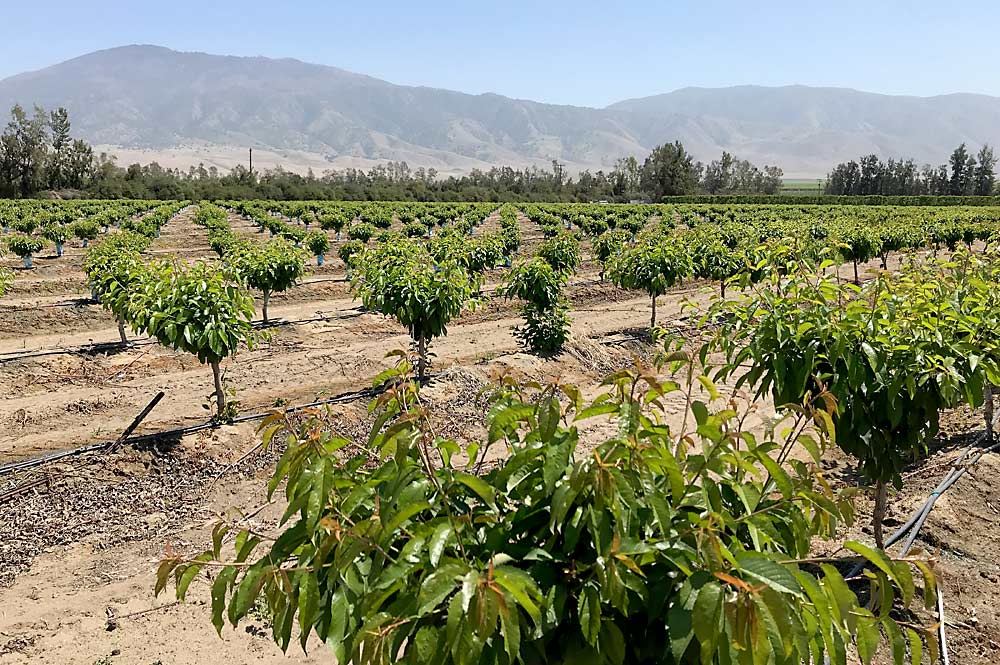
California breeder International Fruit Genetics is best known for its innovative, flavor-forward grape varieties. Now, the company hopes to find similar success with its new low-chill cherry releases that are intended for regions with mild to almost nonexistent winters, but they could have potential far beyond.
Both the grape and cherry breeding programs were founded 20 years ago, but cherries proved a much slower crop to breed, said Chris Owens, IFG’s lead plant breeder. Longtime breeder and IFG co-founder David Cain retired in 2020.
“We’re attempting to do extremely low-chill cherries,” Owens said. “We’re based in the lower San Joaquin Valley, and we’re trying to breed cherries for this environment.”
So far, IFG has released seven varieties under the Cheery trade name, including Cheery Grand, Cheery Treat, Cheery Blush and Cheery Glow, and dozens more selections are under evaluation in partnership with commercial growers, Owens said. The parentage in the breeding program is quite diverse, and the low-chill trait comes from a tropical Prunus species that needed to be crossed again and again into material with higher fruit quality.
By low, he means 100 to 400 chill hours — not quite no chill, but that’s enough that the cultivars could open up new regions to cherry production, Owens said.
“Our greatest success right now is in more traditional growing areas in Chile and expanding into northern areas in Chile that are usually too hot,” he said. Trials are also underway in Mexico, Spain, South Africa and, of course, California.
Bakersfield grower Steve Murray of Murray Family Farms has about half a dozen cultivars in a trial block, some still unnamed, as well as about a dozen IFG grapes he grows for his farm markets. He planted a Cheery Burst block in 2019, which means he has another year before he can see what the fruit looks like.
“I have the test blocks planted in orchards where the rest of the orchard requires extra chilling” treatment, Murray said, so he hasn’t evaluated them without the use of dormancy-breaking sprays.
But his desires for new cultivars align with IFG’s program goals: low-chill cultivars that deliver clean fruit without the doubles, spurs and sutures that some cultivars develop in the heat.
“It’s just so exciting what they have done in grapes,” Murray said. “And they are just scratching the surface into their potential on the cherry side.”
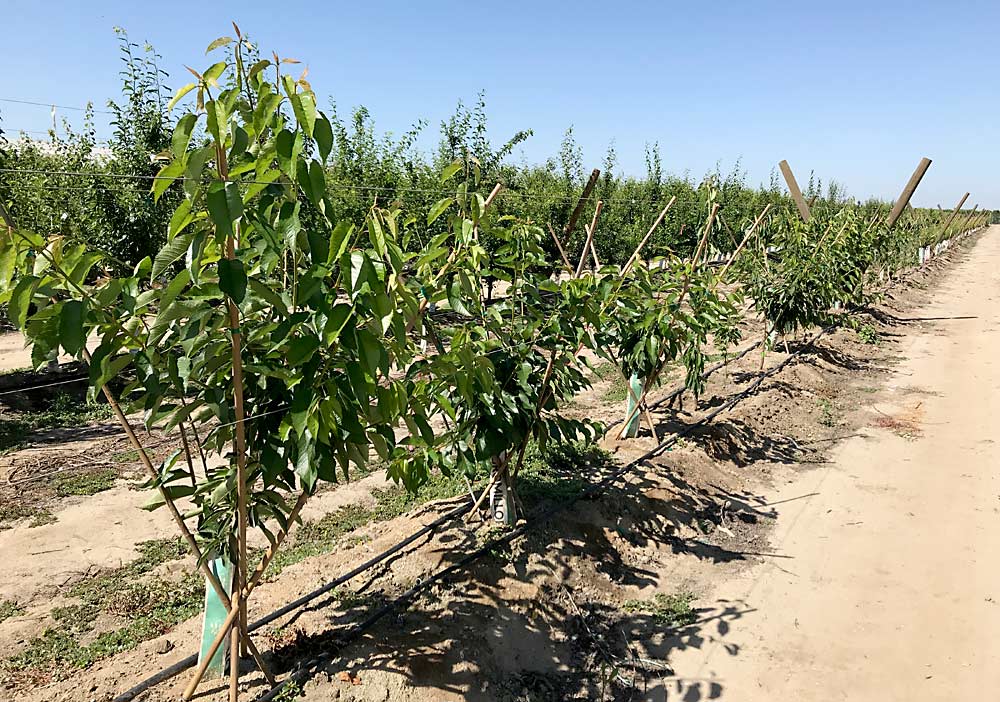
His neighbor, Bruce Frost of Acorn Farms, said he hasn’t seen the fruit quality potential from the IFG cherries yet. Two selections in his trial blocks set a nice crop this year, delivering firm enough fruit, but it didn’t size up as well as he had hoped.
“It’d be an advantage to have low chill and have a more consistent crop from year to year, but if it doesn’t have that quality and size and color, I don’t have much use for it,” he said. “Just having a low-chill variety isn’t the whole answer.”
Like Murray, he also treated the IFG trees with 50 chill portions of a rest breaking agent that the adjacent blocks of Sequoia and Arvin Glen needed. Those cultivars hit the early market with the size and firmness he needs for export, Frost said, and he’s always looking for more cultivars that can deliver early high-quality fruit that is low chill.
Frost and Murray both have newer releases and test selections from the other California cherry breeding programs — Zaiger Genetics and Bradford Genetics — as they look for the next winners for their climate.
“One of these days we’ll really need (low chill) with the weather getting warmer,” Frost said. “I think eventually they will get there.”
Branding new, improved varieties so they stand out will also benefit growers, Murray added.
“On the early cherries, we have to get away from ‘early red’ to branding them, as these new varieties break out. I think the consumers are looking for better flavor and firmness,” he said.
IFG plans to work with growers and packers to market all its cherries under the Cheery brand, said CEO Andy Higgins.
“In this way, the growers are not tied to a specific variety but rather can incorporate several varieties as the harvest continues into the same Cheery packaging,” he said in an email.
Branding by variety name in red sweet cherries is rare, although not without precedent. Warmerdam Packing of Tulare has a growing program marketing the Glenred variety under the brand name Sequoia, and the exclusive program has grown with additional releases from Bradford Genetics, including Early Glen and Arvin Glen.
IFG’s experience with branded grapes shows the strategy can pay off, Higgins said.
“We do see good success with marketers and packers that do place an identity on the consumer packaging. Consumers are responding to this as they realize a better experience — earliness, freshness, firmness, etc.,” Higgins said. “We believe with improved genetics, that consumers will also see Cheery as their preferred choice.”
Growers have to license the varieties, but it’s an open system, not a club, he added. •
—by Kate Prengaman

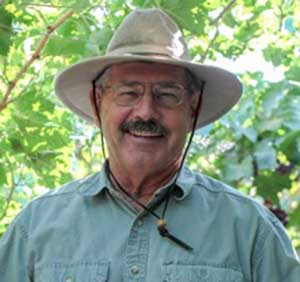
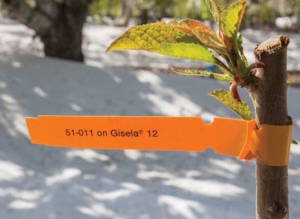


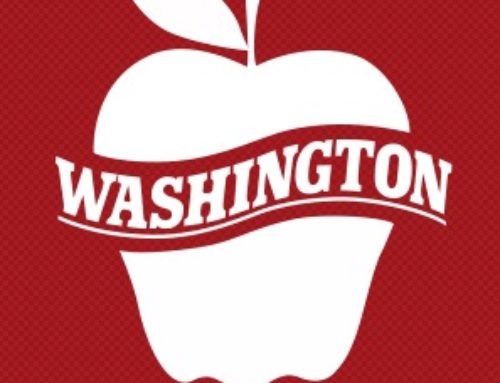


Leave A Comment